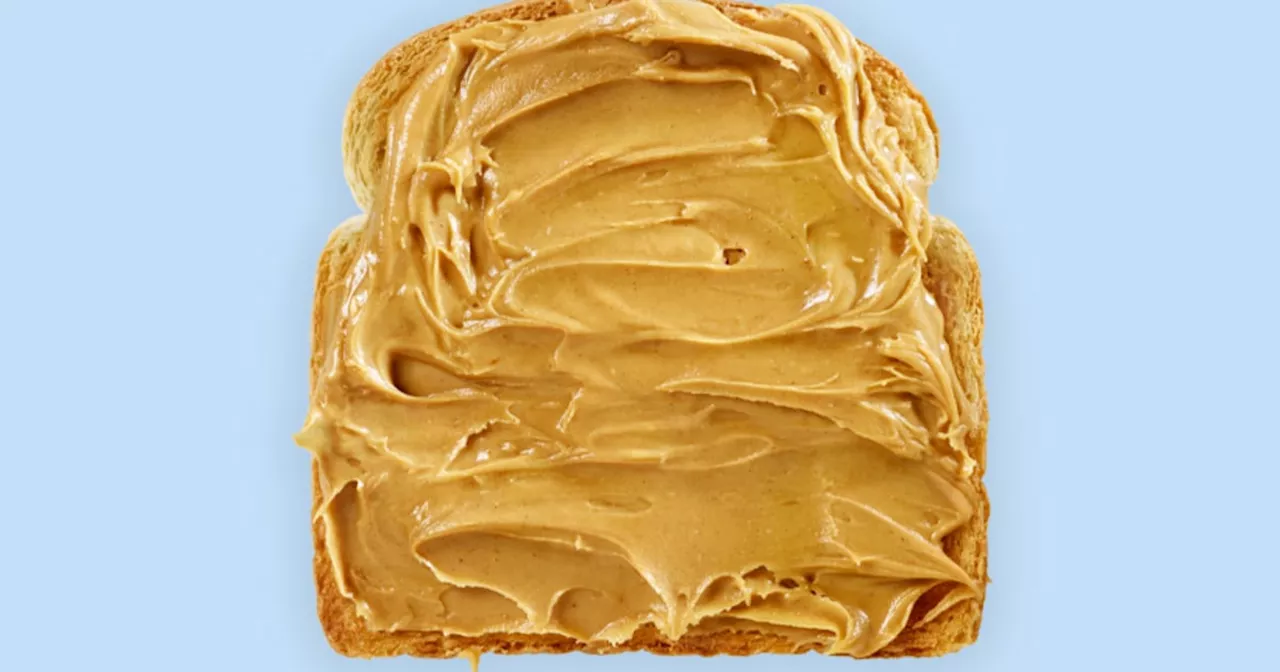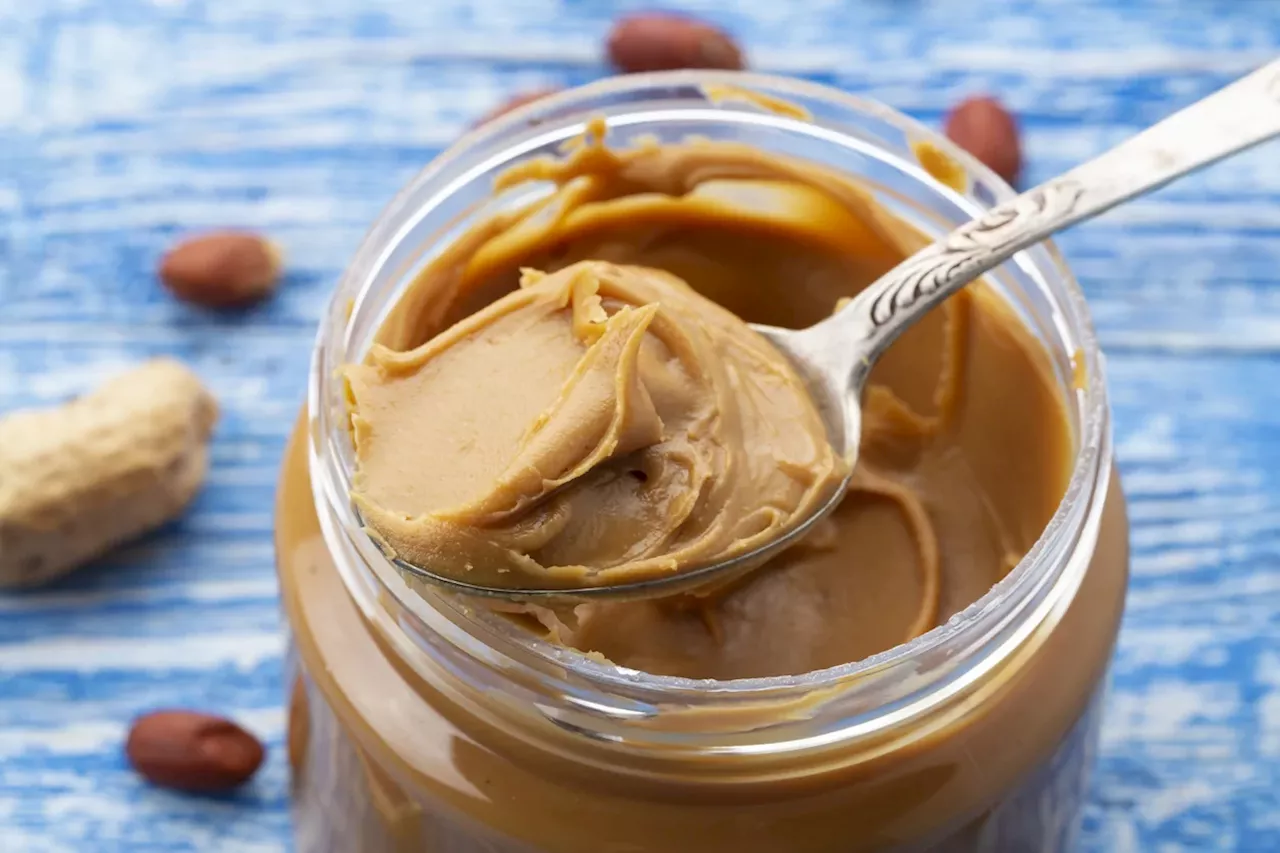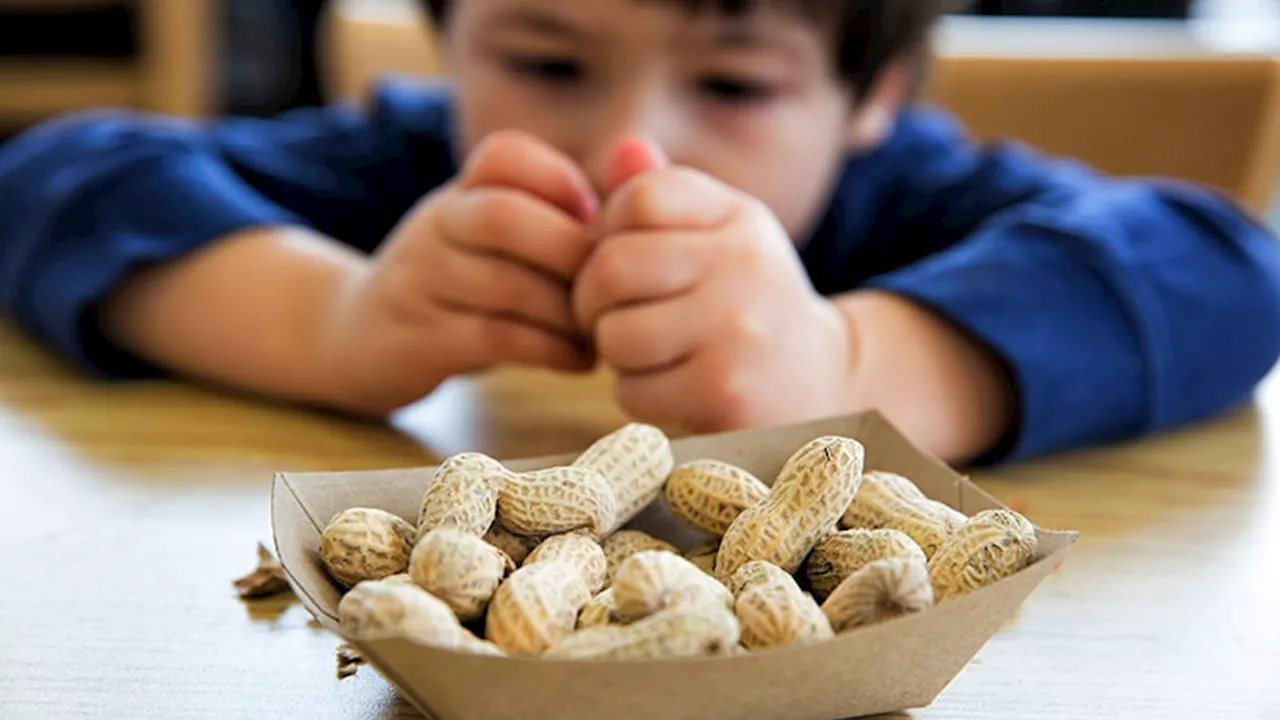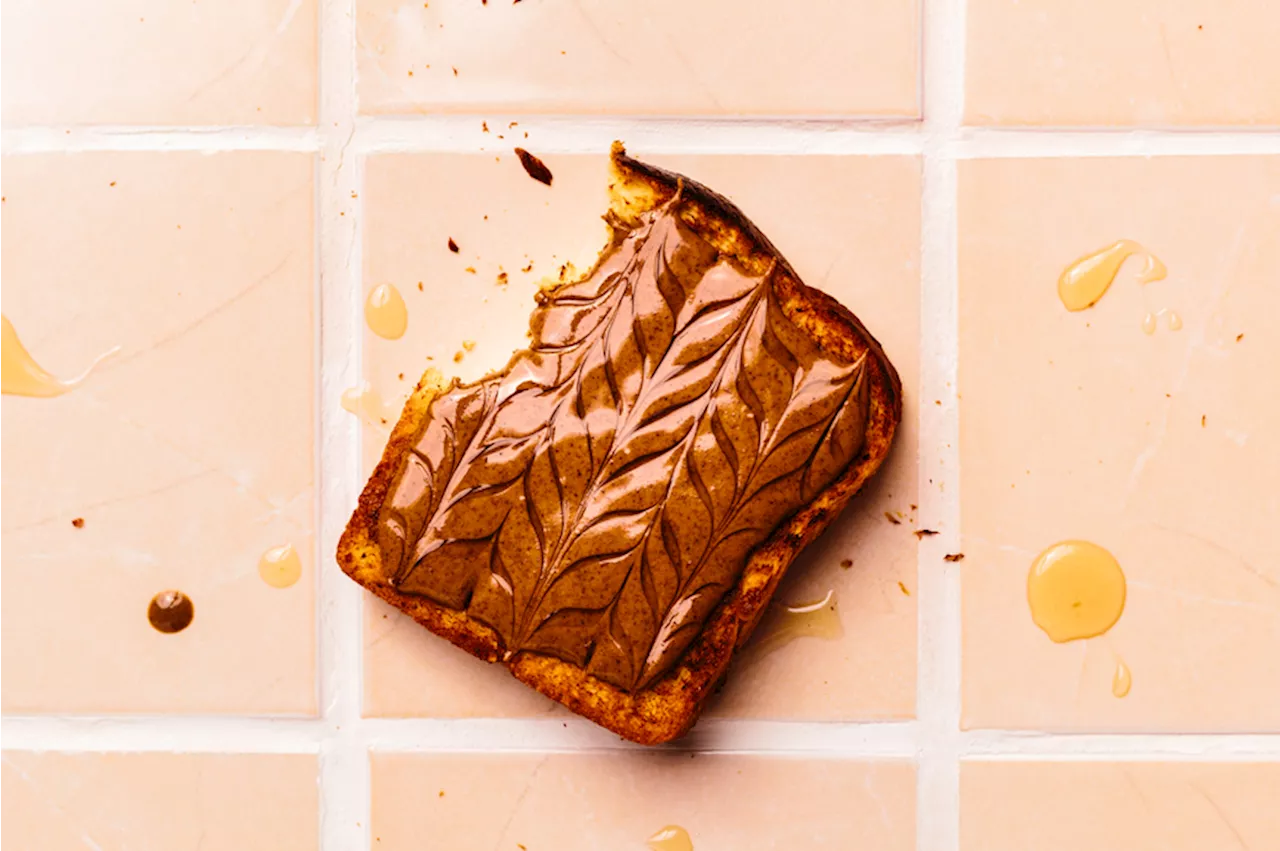This article explores the shelf life of peanut butter, offering insights into how to tell if it's gone bad and providing expert tips for optimal storage. Discover the signs of spoilage, learn about the impact of temperature and refrigeration, and explore clever freezing methods to extend its freshness for years to come.
Peanut butter, that irresistible spread, can transport you back to your childhood with just one bite. Its slightly salty flavor, paired with sweet and tart jam or jelly, was a childhood staple. The good news? Peanut butter is also beneficial for your health. However, while some enthusiastic peanut butter lovers might finish an entire jar in a week, most consumers take a few months to reach the bottom.
This presents a dilemma: how long does peanut butter actually last? Contrary to its seemingly eternal shelf life, peanut butter often expires within a few months after opening, or even sooner. Here are some indicators to determine if your creamy or crunchy nut butter has gone bad: smell, taste, and appearance. A sealed jar of peanut butter with preservatives can last for six months to two years in the pantry, but an opened jar, exposed to oxygen and microorganisms, only lasts two to three months. Unopened natural peanut butter lasts a maximum of six months at room temperature, and once opened, it begins to go bad after just a month. The telltale signs of spoiled peanut butter include a rancid, bitter, or overly pungent taste. Natural peanut butter stored at 50°F (10°C) showed signs of oxidative stability loss after 12 weeks, while at higher temperatures (77°F and 95°F or 25°C and 35°C), it lasted only four weeks. Aside from the unpleasant taste, spoiled peanut butter emits a foul odor. If you detect a bitter, metallic, or soap-like scent, it's time to discard it. Darkening color, dry texture, or the presence of mold are also clear indicators of spoilage. Remember, natural oil separation is normal and a sign of good-quality nut butter.Always check the expiration date as a starting point. Refrigerating peanut butter once opened can extend its shelf life. Store it in a dry, cool environment to maintain freshness. To prevent separation between solids and oils, flip the jar upside down when storing, or simply agitate the separated liquids with a spoon or spatula. You can also soften cold peanut butter quickly by leaving it at room temperature for 10 to 15 minutes. If you regularly consume peanut butter and want to minimize food waste, freezing it is an excellent option for long-term storage. To avoid repeatedly defrosting the entire jar, consider these two hacks: freeze peanut butter in ice cube trays for single-portion convenience, or spread thin layers on parchment paper for easy, ready-to-use portions. These methods ensure you always have fresh peanut butter on hand, ready for your next delicious treat or baking project
PEANUT BUTTER SHELF LIFE STORAGE SPOILAGE REFRIGERATION FREEZING FOOD WASTE
United States Latest News, United States Headlines
Similar News:You can also read news stories similar to this one that we have collected from other news sources.
 Peanut Butter Therapy Shows Promise for Children with Mild Peanut AllergiesA new study suggests that children with milder forms of peanut sensitivity may be able to overcome their allergy by gradually consuming increasing amounts of store-bought peanut butter under the supervision of an allergist.
Peanut Butter Therapy Shows Promise for Children with Mild Peanut AllergiesA new study suggests that children with milder forms of peanut sensitivity may be able to overcome their allergy by gradually consuming increasing amounts of store-bought peanut butter under the supervision of an allergist.
Read more »
 Peanut Butter Therapy Shows Promise in Overcoming Peanut Allergy in ChildrenA new study published in NEJM Evidence suggests that children with mild peanut sensitivities may be able to overcome their allergies through a carefully monitored immunotherapy involving gradual peanut butter consumption. The study found that all 32 children in the immunotherapy group who completed the 18-month trial were able to tolerate the equivalent of three tablespoons of peanut butter without experiencing any reactions.
Peanut Butter Therapy Shows Promise in Overcoming Peanut Allergy in ChildrenA new study published in NEJM Evidence suggests that children with mild peanut sensitivities may be able to overcome their allergies through a carefully monitored immunotherapy involving gradual peanut butter consumption. The study found that all 32 children in the immunotherapy group who completed the 18-month trial were able to tolerate the equivalent of three tablespoons of peanut butter without experiencing any reactions.
Read more »
 Peanut Butter Therapy Shows Promise for High-Threshold Peanut AllergiesA mid-size clinical trial revealed that children with high-threshold peanut allergies who consumed small, daily doses of peanut butter developed increased tolerance to peanuts. All participants in the peanut ingestion group were able to tolerate at least two higher doses compared to 21% of the control group who avoided peanuts. The study suggests this approach could be a safe and accessible therapy option for these children.
Peanut Butter Therapy Shows Promise for High-Threshold Peanut AllergiesA mid-size clinical trial revealed that children with high-threshold peanut allergies who consumed small, daily doses of peanut butter developed increased tolerance to peanuts. All participants in the peanut ingestion group were able to tolerate at least two higher doses compared to 21% of the control group who avoided peanuts. The study suggests this approach could be a safe and accessible therapy option for these children.
Read more »
 Peanut Butter Therapy May Help Children Overcome Peanut AllergiesA new study suggests that children with mild peanut allergies may be able to overcome their allergies through a gradual increase in peanut butter consumption. The immunotherapy, which involved carefully increasing the amount of peanut protein consumed over 18 months, proved successful in allowing children to tolerate three tablespoons of peanut butter without experiencing reactions.
Peanut Butter Therapy May Help Children Overcome Peanut AllergiesA new study suggests that children with mild peanut allergies may be able to overcome their allergies through a gradual increase in peanut butter consumption. The immunotherapy, which involved carefully increasing the amount of peanut protein consumed over 18 months, proved successful in allowing children to tolerate three tablespoons of peanut butter without experiencing reactions.
Read more »
 Gradual Peanut Butter Exposure Shows Promise in Treating Peanut Allergies in ChildrenA new study from Mount Sinai suggests that gradually increasing peanut butter exposure in children with peanut allergies could lead to a natural tolerance.
Gradual Peanut Butter Exposure Shows Promise in Treating Peanut Allergies in ChildrenA new study from Mount Sinai suggests that gradually increasing peanut butter exposure in children with peanut allergies could lead to a natural tolerance.
Read more »
 Supermarket Peanut Butter Therapy Shows Promise in Desensitizing Children with Peanut AllergiesA new study reveals that a peanut butter therapy using gradually increasing amounts of supermarket peanut butter can significantly desensitize children with peanut allergies, offering a more effective alternative to traditional avoidance methods.
Supermarket Peanut Butter Therapy Shows Promise in Desensitizing Children with Peanut AllergiesA new study reveals that a peanut butter therapy using gradually increasing amounts of supermarket peanut butter can significantly desensitize children with peanut allergies, offering a more effective alternative to traditional avoidance methods.
Read more »
